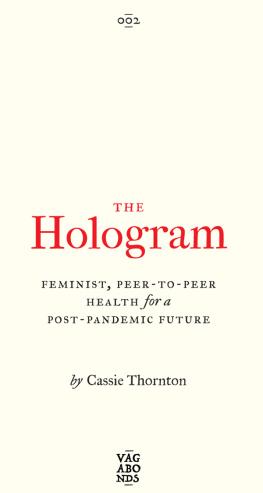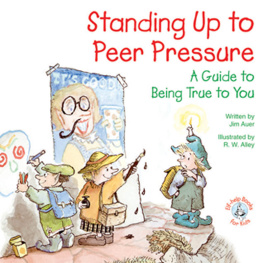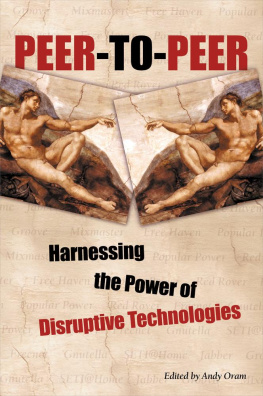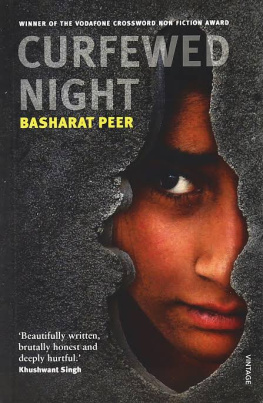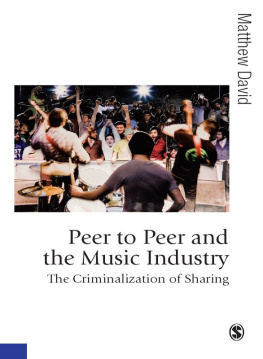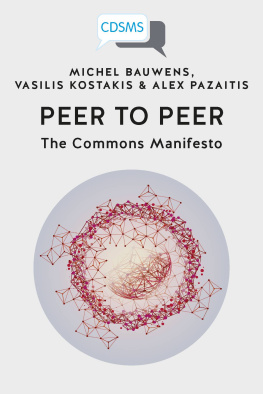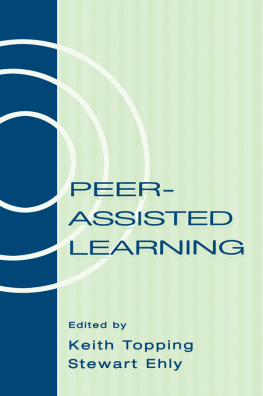The Hologram
Series editor: Max Haiven
Also available
Pandemonium: Proliferating Borders of
Capital and the Pandemic Swerve
Angela Mitropoulos
The Hologram
Feminist, Peer-to-Peer Health
for a Post-Pandemic Future
Cassie Thornton
First published 2020 by Pluto Press
345 Archway Road, London N6 5AA
www.plutobooks.com
Copyright Cassie Thornton 2020
The right of Cassie Thornton to be identified as the author of this work has been asserted in accordance with the Copyright, Designs and Patents Act 1988.
British Library Cataloguing in Publication Data
A catalogue record for this book is available from the British Library
ISBN 978 0 7453 4332 7 Paperback
ISBN 978 0 7453 4333 4 PDF eBook
ISBN 978 0 7453 4324 2 Kindle eBook
ISBN 978 0 7453 4323 5 EPUB eBook
This book is printed on paper suitable for recycling and made from fully managed and sustained forest sources. Logging, pulping and manufacturing processes are expected to conform to the environmental standards of the country of origin.
Typeset by Stanford DTP Services, Northampton, England
Simultaneously printed in the United Kingdom and United States of America

The Fool
by Stella Lawless,
The Holograms Resident Witch
The zero. The beginnings that tell us that, if we had any idea what we were getting into, wed never do anything. Fools are dangerous as we know from past experience. And they speak truth to power when no one else can, la the jesters. As for overcoming: whatever obstacles, stalls, walls or barriers you come across are there to make you stronger. We dont know what we dont know and we cant know it until we try. Fool cards are often people on a precipice about to take a step into the unknown. This is major, bigger than the ten of swords, which is a conclusion. The fool is always the beginning part of us. The part of us willing to do whats never been done before. Willing to wait for a train that might never come. Willing to walk forward in innocence and ignorance ... that part of us thats never been scorned or wounded or failed, that keeps going. Its that part of us that poet Wendell Berry writes about when saying praise ignorance, for what man has not encountered he has not destroyed. This card has come up more times than I can count during the pandemic. Lots of swords too. This is the card of going and being and knowing there is no arriving. A loyal dog reminds us to bring allies with us on our journeys. The real treasure is in the beginning that is before the beginning. Look at the Hologram afresh and keep looking with love. Youre walking the edges and its impossible to know much more than that except that when its time to go, youve got to.
Acknowledgments
Feminist Economics and the Peoples Apocalypse first appeared online in GUTS Magazine issue 8: Cash (15 June 2017).
Art, Debt, Health and Care first appeared on the website of Furtherfield Gallery and was printed in State Machines: Reflections and Actions at the Edge of Digital Citizenship, Finance, and Art, edited by Yiannis Colakides, Marc Garrett and Inte Gloerich (Amsterdam: Institute for Network Cultures, 2019). It has been updated.
A different version of A Different Medicine is Possible: Visiting the Greek Solidarity Clinics first appeared in For Health Autonomy: Horizons of Care Beyond AusterityReflections from Greece, edited by the Carenotes Collective (Brooklyn: Common Notions, 2020).
A different version of Wikipedia Entry from the Future was commissioned by Arts of the Working Class and will be distributed at the Venice Biennial in 2020, if it happens.
Foreword
Max Haiven
Series editor
The Hologram is something between an interventionist art project, a collectively improvised science-fiction story and a form of social activism directed at the way we reproduce ourselves and our social life together. At its simplest it is a protocol whereby three people (a triangle) can gather, online or in person, to provide intentional care, attention and support to a fourth person (the hologram). Its deceptive simplicity is a delivery vehicle for a radical vision of a different world, teaching its participants to become post-capitalist animals and helping them grow the strength, skills and solidarity for the revolutionary struggles Cassie Thornton hopes will soon transform the world.
Around 2015 one of Cassies oldest friends called her a brilliant healer in a kind and supportive email. Ive never seen her so vexed. By this time Cassie had begun to tire of hypnotizing people to get them to talk about debt, a practice she had begun as a heavily indebted MFA student in California and an activist with the Occupy Wall Street off-shoot Strike Debt. This was part of an approach to social practice or participatory art that had brought her some notoriety, especially in the San Francisco Bay Area where she was trying to live, less and less successfully as the tech bros human resources of Google, Apple and Facebook made the city into their stupid playground.
Cassie, who grew up in the working-class exurbs of Chicago to a family that struggled profoundly with debt, has a deep and abiding allergy (maybe even hatred) to the middle-class saccharine, self-congratulatory, individualistic, crypto-masochist, quasi-activist rhetorics of healing, self-care, pleasure, generosity and kindness. But, being a Scorpio, she cannot resist destroying them from the inside. Partly as Bay Area survival-strategy, partly as vengeance, she trained to become a Kundalini yoga instructor and began teaching Feminist Economics Yoga, reasoning that it offered her unparalleled access to the vulnerable unconsciouses of the personnel of the corporations she wished to annihilate. In other words, she thought of it as a form of anti-capitalist sabotage in an age when capitalism is deeply invested in the subjectivity of its workers.
As the reader will discover, a visit to crisis-ravaged Greece in January 2016 gave the impetus to The Hologram when Cassie met and interviewed many protagonists in the Greek solidarity clinic movement. As austerity decimated the nations health care system and worsened broader indicators of health (poverty, social discord, hopelessness), groups of volunteers and healthcare practitioners came together not only to provide free forms of care, but to reinvent what health care might be in a more holistic, egalitarian and non-hierarchical way. Back in the United States one of Cassies closest family members had recently died prematurely deeply in debt because they lacked access to affordable health care. She began to develop a plan to bring the idea of

